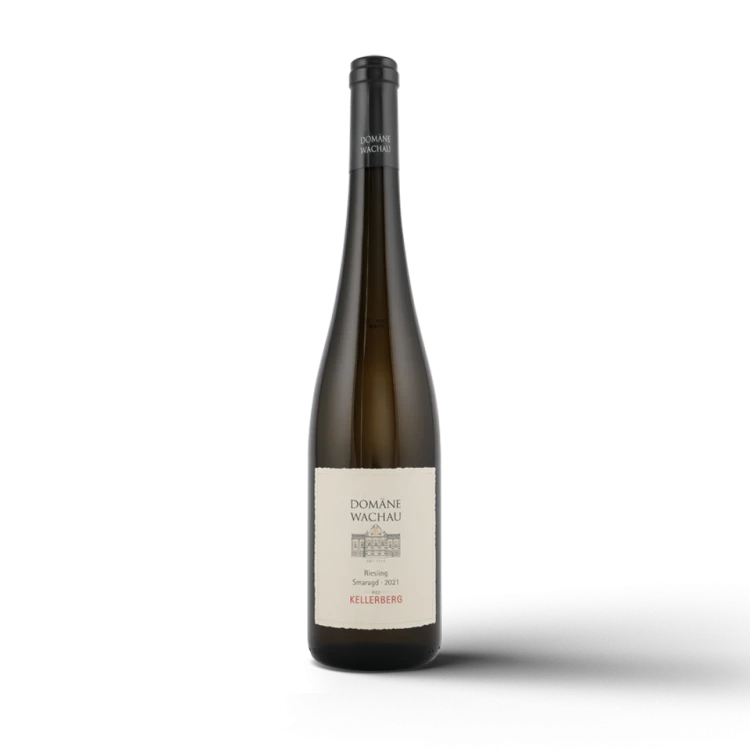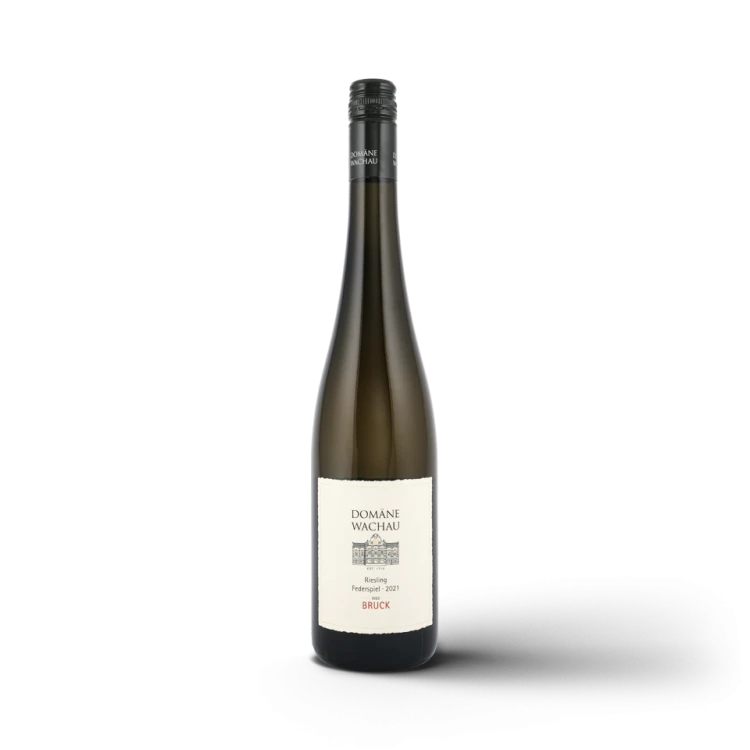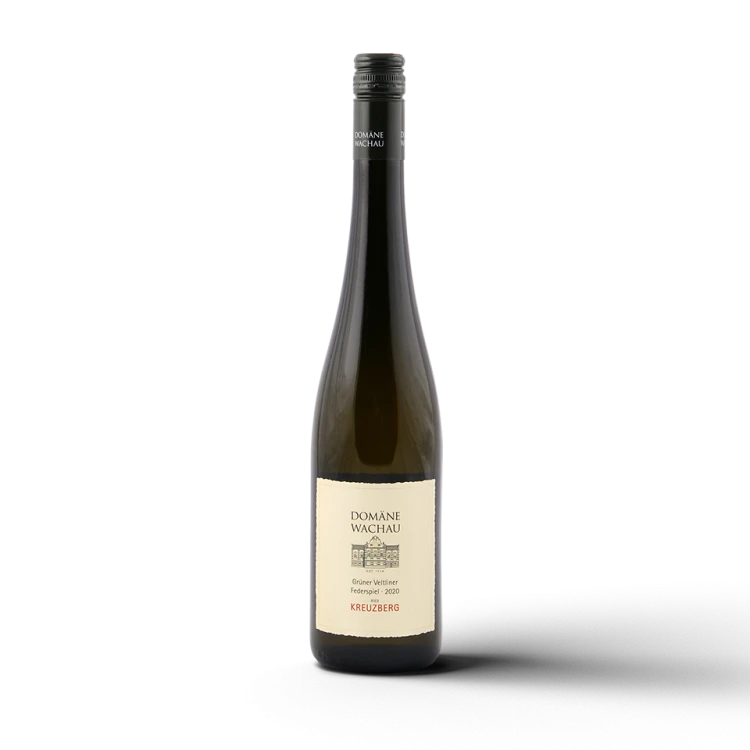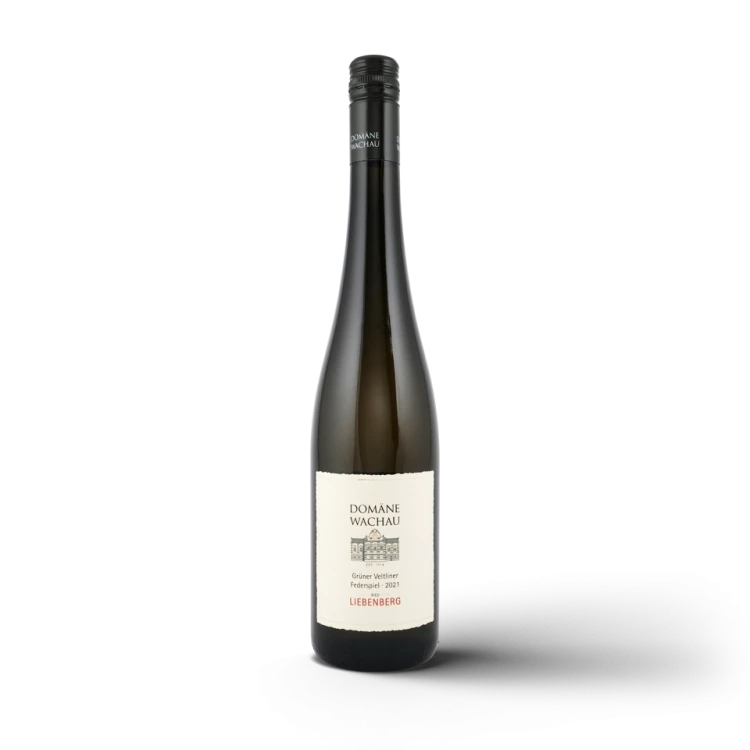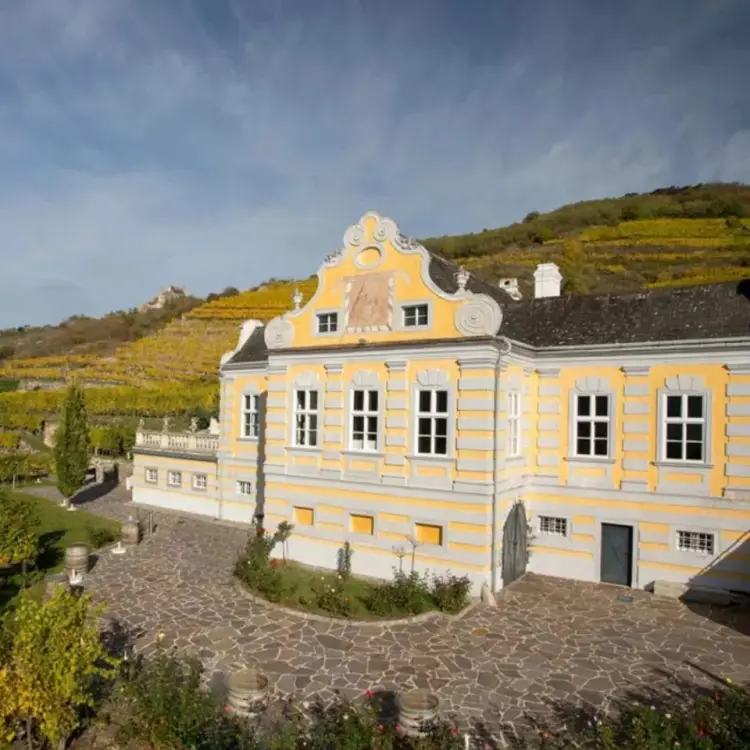
Buy wines from Domäne Wachau
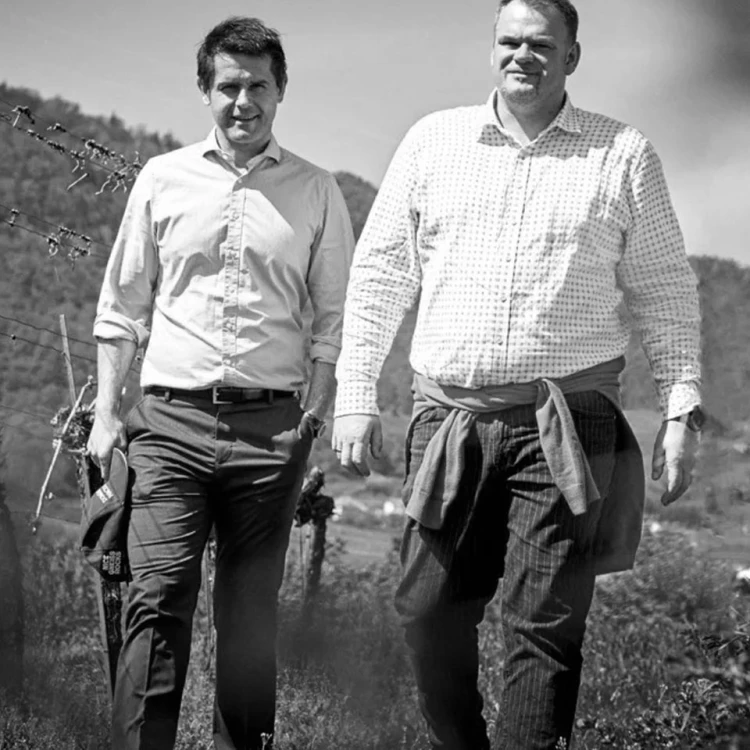
If you're looking for co-operatives in Germany that can claim to have changed the world of wine, you really do have to look hard. We can find them more quickly in neighbouring Austria. Today we would like to introduce you to Domäne Wachau from there. It was founded in the 1930s as "Winzergenossenschaft Wachau" and was later called "Freie Weingärtner Wachau".
In 2008, it changed its name to "Domäne Wachau" because it did not always want to focus directly on the cooperative, but rather on the excellent quality that is produced here. Responsible for this are around 200 winegrowers who cultivate 160 hectares and not least the management duo, consisting of the cellar master Heinz Frischengruber and the estate manager Roman Horvath, a Master of Wine.
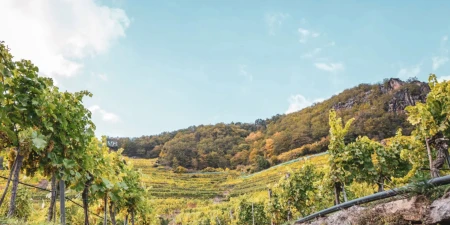
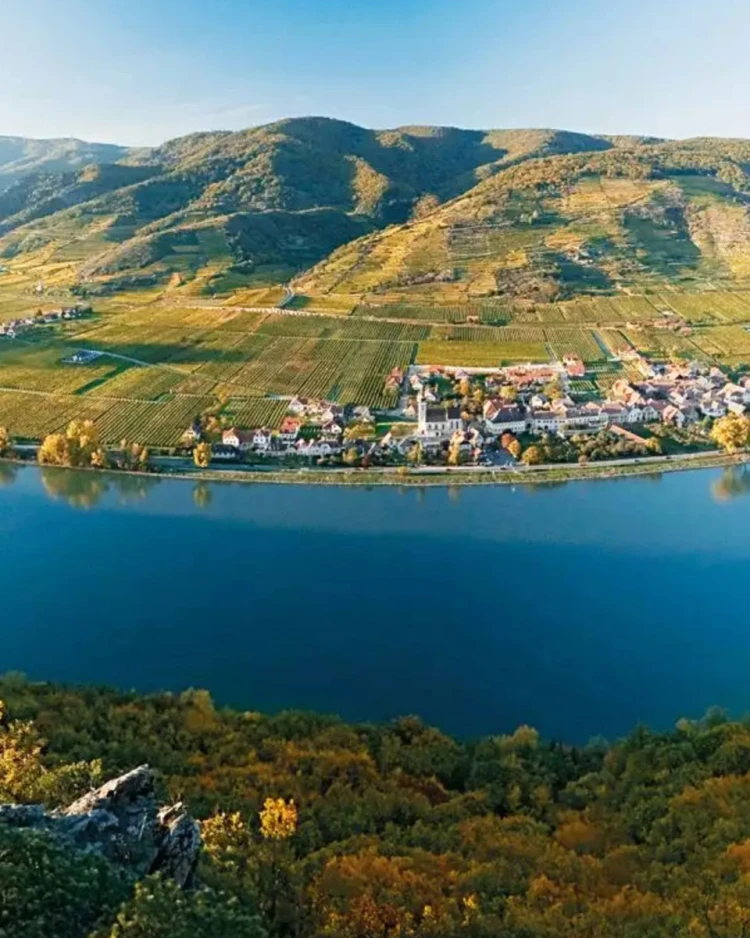
Domäne Wachau is the only winery that owns all of the Wachau's renowned vineyards. This naturally includes the Loibenberg, Achleiten, 1000-Eimer-Berg, Singerriedel and Kellerberg vineyards. What also makes the Domäne unique is a completely different fact.
One of the biggest challenges within a co-operative is far-reaching change. One of these is without question the conversion of a wine estate to organic farming methods. However, the 200 winegrowers at Domäne have actually managed to convert all 160 hectares to certified organic cultivation under the leadership of their long-standing management duo, making them the largest organic wine estate in Austria.
What's more, the biodiversity in the vineyards is actively promoted and the unique cultural landscape with its many steep slopes, some of which were terraced ages ago, is cultivated. The slopes are so steep that grapes are harvested by hand and hardly any machines are used. Instead, there are animals for which there is a special Wachau greening mixture with wild flowers and plants, as well as bird perches, nesting boxes and insect hotels. The winegrowers apply large areas of biodynamic permanent compost made from the estate's own pomace, grape combs and prunings to the vineyards to promote humus formation, soil health and the vitality of the vines. „We work in a unique natural and cultural heritage. Our responsibility extends far beyond viticulture - we are actively shaping the future of the Wachau - this is true regenerative viticulture,“ explains Roman Horvath and is thus committed to work that acts like a beacon and radiates far beyond the Wachau.
© Images: Domäne Wachau
